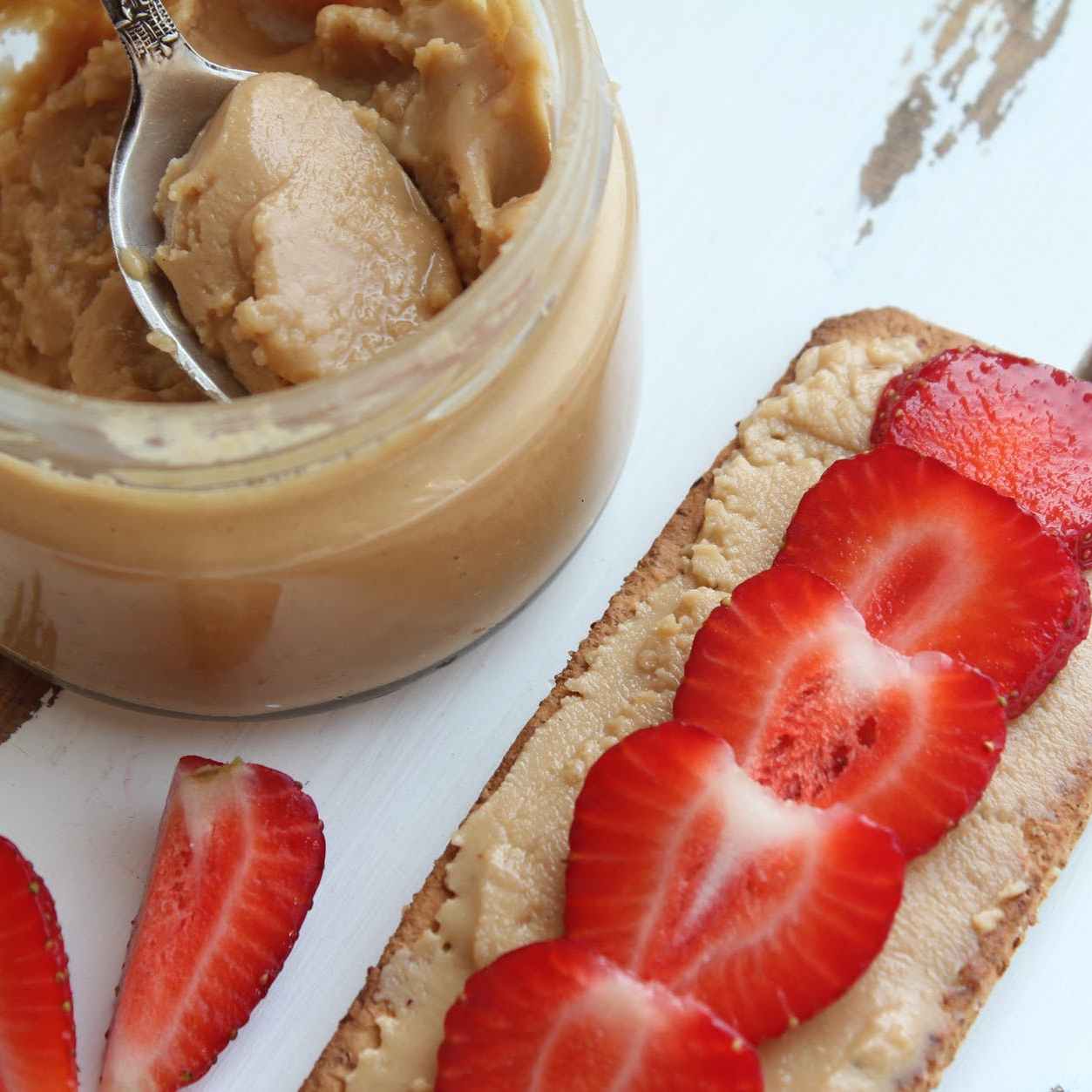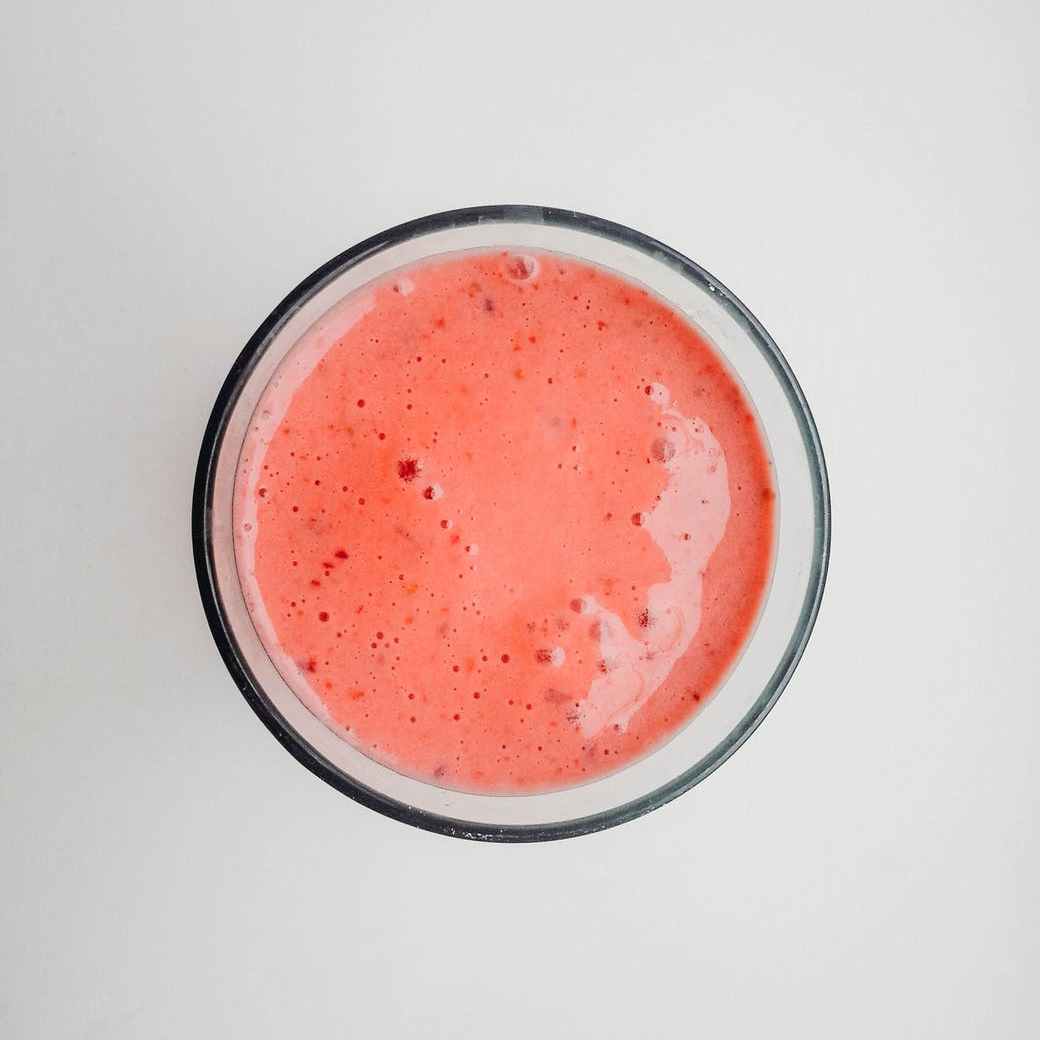Can you choose to ignore the smell and cravings of freshly baked pastries? Perhaps for a day or two maybe, but what about 24/7, 365 days a year when a hormone is “screaming” out to you with increasing loudness to take a bite?

Although the hormonal “push” for you to consume pastries everyday may be detrimental in the long-term, the functions of hormones are actually really important in many other cases. Our cells communicate with each other so we can grow and develop.
Hormones are the key messengers between cells that tell them what is happening in the body’s environment and how they should respond.
For example, insulin communicates with cells to tell them to take up glucose from the blood stream. But for many, hormone function can be erratic. It appears that our modern lifestyles have caught up with us and are wreaking havoc on our hormonal system.
Our hormonal environment has changed
The decrease in the average sleep duration in the last 50 years has impacted on our metabolism and hormonal processes which coincides with increased obesity. Fast food outlets have increased, most people have sedentary jobs with no time to prepare healthy home cooked meals, so are more prone to order in. Adults and children are spending more time online and on social media, than pursuing outdoor activities. Let’s face it, for now we are stuck with this environment and its impact on our hormones. Hormonal dysregulation can lead to weight gain and metabolic disease.
The cornerstone of obesity management is to reverse obesity by reversing hormonal dysfunction.
Here are some suggestions to make your hormones work for you:
- Lower your insulin levels down. As insulin promotes the storage of fat, lowering insulin levels will help you to reduce body fat and ameliorate leptin resistance.
- Lower your ghrelin levels. Remember, ghrelin is the hunger hormone that makes you want to eat. By lowering ghrelin levels, you reduce your hunger.
- Increase your peptide YY (PYY) levels up to hasten that feeling of fullness (satiety)
- Decrease your cortisol levels to reduce stress and hunger, and to reduce the deposition of fat.
Lower Your Insulin Levels
Less insulin means less fat storage, improved leptin sensitivity and a reduced appetite. So, getting your insulin levels down means you have to limit its release by limiting glucose and cutting out refined carbohydrates and sugars. You also need to improve your insulin sensitivity this means improving liver, and muscle sensitivity to insulin by reducing your sugar consumption and exercising.
Lower Your Ghrelin Levels
Reducing the hunger hormone ghrelin will reduce your appetite at any time. The best way to reduce ghrelin levels is to eat breakfast. This will help reduce ghrelin levels. If you skip breakfast, ghrelin levels will rise throughout the day and therefore you will eat more at lunch and dinner and in between.
What you eat at breakfast makes all the difference. A high-protein load has been shown to reduce ghrelin levels more significantly than a meal based on high fat or carbohydrates. Examples are like eggs with a side of avocado or nut butter on oat bread with blueberries or a post workout protein shake.



Increase Your Peptide YY (PYY) Levels
PYY is a hormone secreted into the blood cells lining the lower small intestines and colon, it’s the signal that makes you feel full (satiety), similar to leptin, and to “switch off” eating. The key to overindulgence while food is passing from the stomach to the small intestine is to wait at least 20 minutes after your meal before you eat more. Eating with the family and social eating drives this behaviour as you are busy socializing so the time passes and you don’t tend to eat as much or maybe not. In any case it’s a good practice to keep in mind.
Also, the best way to increase your PPY is to speed up the flow of food through the intestine faster − this is what fibre does! Fibre is an important nutrient that may promote weight loss, lower blood sugar levels and fight constipation. Most people don’t meet the recommended daily intake of 25 grams for women and 38 grams for men.
So, load on these healthy fibres like oats, chia seeds, dates and fibrous fruits and vegetables like oranges, avocados, broccoli and sweet potatoes. Here is a full list of examples.



Reduce Your Cortisol
Cortisol is your short-term friend, and your long-term enemy. Increased levels of cortisol in the short-term are essential during stressful times when energy is needed for protection from shock, and for its anti-inflammatory effects. However, if cortisol levels are sustained, then these effects become maladaptive and result in hypertension, obesity, glucose intolerance, and dyslipidaemia.



Reducing your cortisol levels means keeping your stress levels down, an almost impossible feat in our modern, fast lifestyle. One simple way to reduce your cortisol levels is through exercise. Although cortisol rises during exercise (to facilitate energy production) due to the stress placed on the body, it reduces your cortisol levels for the rest of the day. It burns fat in muscle to improve insulin sensitivity and in your liver to improve liver insulin sensitivity.
References and further reading:
- Applied Functional Nutrition Course (2019), Module 1, Lesson 4: Obesity and management.
- 22 High-Fiber Foods You Should Eat https://www.healthline.com/nutrition/22-high-fiber-foods
- Medical Definition of PYY https://www.medicinenet.com/script/main/art.asp?articlekey=24203
Courses for further learning:
Introduction to Nutrition Course https://thenutrition.academy/introduction-to-nutrition-course/
Functional Nutrition Course https://thenutrition.academy/functional-nutrition-course/
Sign up today!



I have no problem passing up the pastries. Most of the time I am not even tempted. They don’t even look good.
It’s everything else that I crave. Like bread. Potatoes. Corn. Those are what I crave.
I also have never been able to eat breakfast. First off, I wasn’t hungry. The few times I ate breakfast, I was starving all day. I seldom get hungry until mid afternoon. My body has always been different.
I am enjoying your blog.
Yes, we are all different and we need to follow what our body tell us. Great you are enjoying my blog 🙂
Yes, I am.